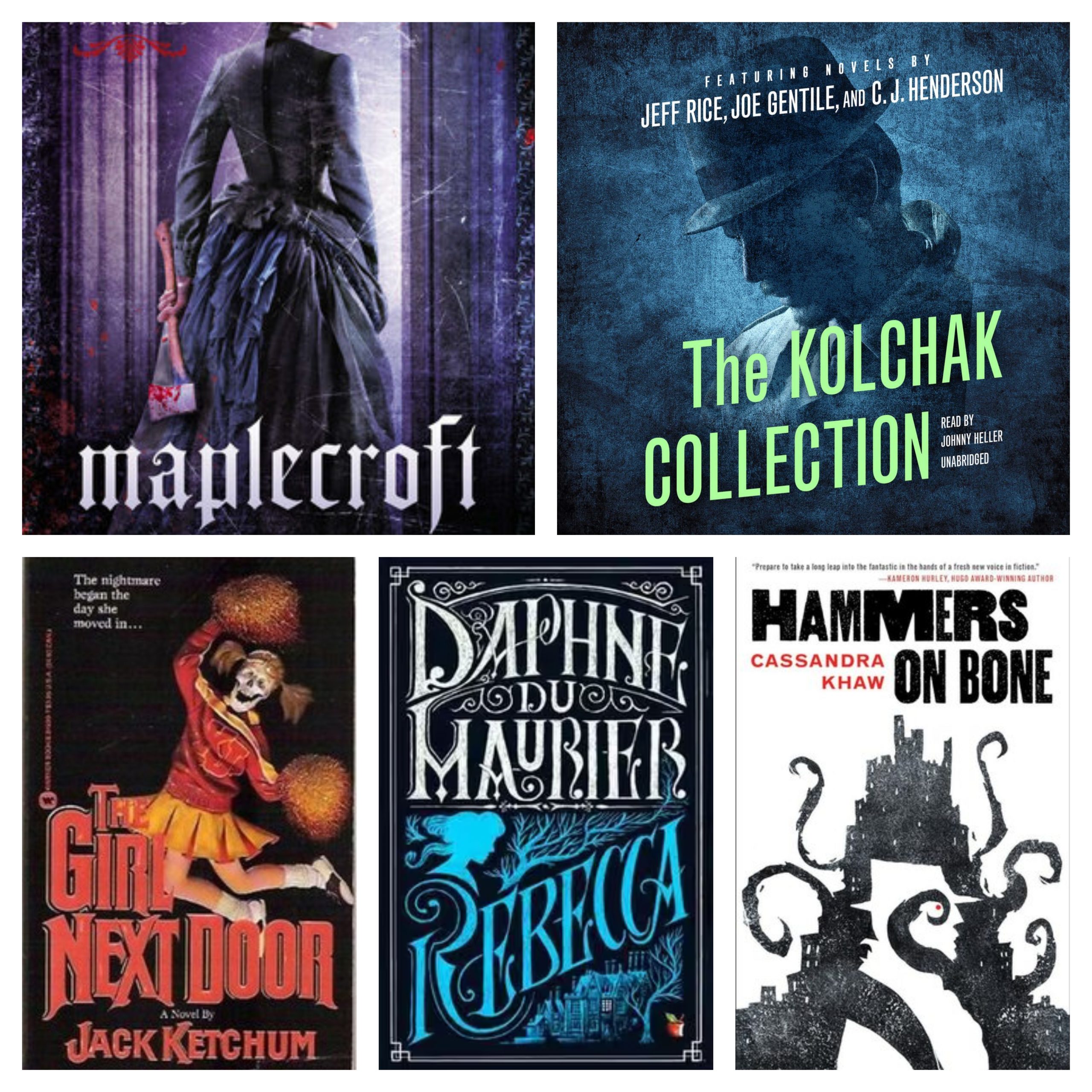Welcome back, boils and ghouls to another installment in this delightful journey through the horror fantastique where in this segment we will look at what would happen if you put together Lovecraft’s Deep Ones with the notorious Lizzie Borden, a series of spooky monster adventures with intrepid reporter Carl Kolchak, a deeply sad and disturbing journey into a hellish basement prison, a haunting classic of gothic literature and a Cthulhu noir. Fun stuff, right? I mean, some of it is anyway.
For those just joining me, this is my journey through the following “Best of” Horror lists:
Reedsy Discovery Best Horror Books
Stephen Jones & Kim Newman’s Horror: 100 Best Books
Stephen Jones & Kim Newman Horror: Another 100 Books
If you want to check out my previous entries, they can be found here:
Part 24 | Part 23 | Part 22 | Part 21 | Part 20 | Part 19 | Part 18 | Part 17 | Part 16 | Part 15 | Part 14 | Part 13 | Part 12 | Part 11 | Part 10 | Part 9 | Part 8 | Part 7 | Part 6 |Part 5 | Part 4 | Part 3 | Part 2 | Part 1
Now let’s light ’em up and blow ’em out.
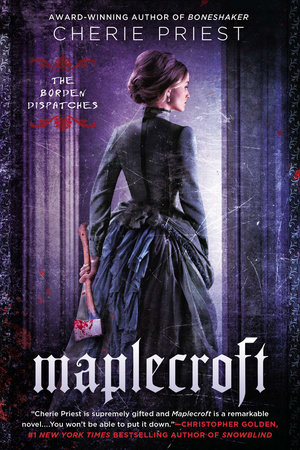
Maplecroft (Cherie Priest, 2014)
List: Reedsy Discovery
Lizzie Borden took an axe, And gave her mother forty whacks;
When she saw what she had done, She gave her father forty-one.
Like the real like case the old children’s rhyme above is based on, the Lizzie Borden in Maplecroft is acquitted of her parents’ murders. But what if Ms. Borden had a very good reason for brutally hacking them to pieces with an axe? What if her parents were changing into… something else? Something that wanted OUT… something that was called to from the sea? What if Ms. Borden and her sister Emma were faced with Lovecraftian horrors that were infecting and changing everyone they knew and cared about? With the aid of a local doctor, the Borden sisters begin to unravel the mystery of this bizarre series of occurrences that is afflicting their small coastal town.
Maplecroft, named after the family estate in which the Borden sisters dwell, has at its core a pretty novel premise, that is, taking the creatures of Lovecraft’s “The Shadow Over Innsmouth” and positing that they were the reason Lizzie Borden killed her parents. The story is told through a series of letters and journal entries (in an epistolary format for those literary snobs out there) from different perspectives much like many of the Victorian horror classics of old like Shelley’s Frankenstein. While the book is fairly engaging with some interesting characters like Lizabeth Borden’s lesbian relationship and her sister’s gender fluid alternate persona, there are some significant flaws that keep this book from being great. The pacing for instance really drags at times in the middle of the book and it feels about 50 pages too long. Additionally the special agent character felt totally superfluous and gave me vibes of a backdoor pilot to a Victorian X-Files series that really didn’t seem to serve much purpose. Overall this isn’t a bad novel and is quite well-written, capturing the time period quite well but feels overstuffed and overwritten at times.
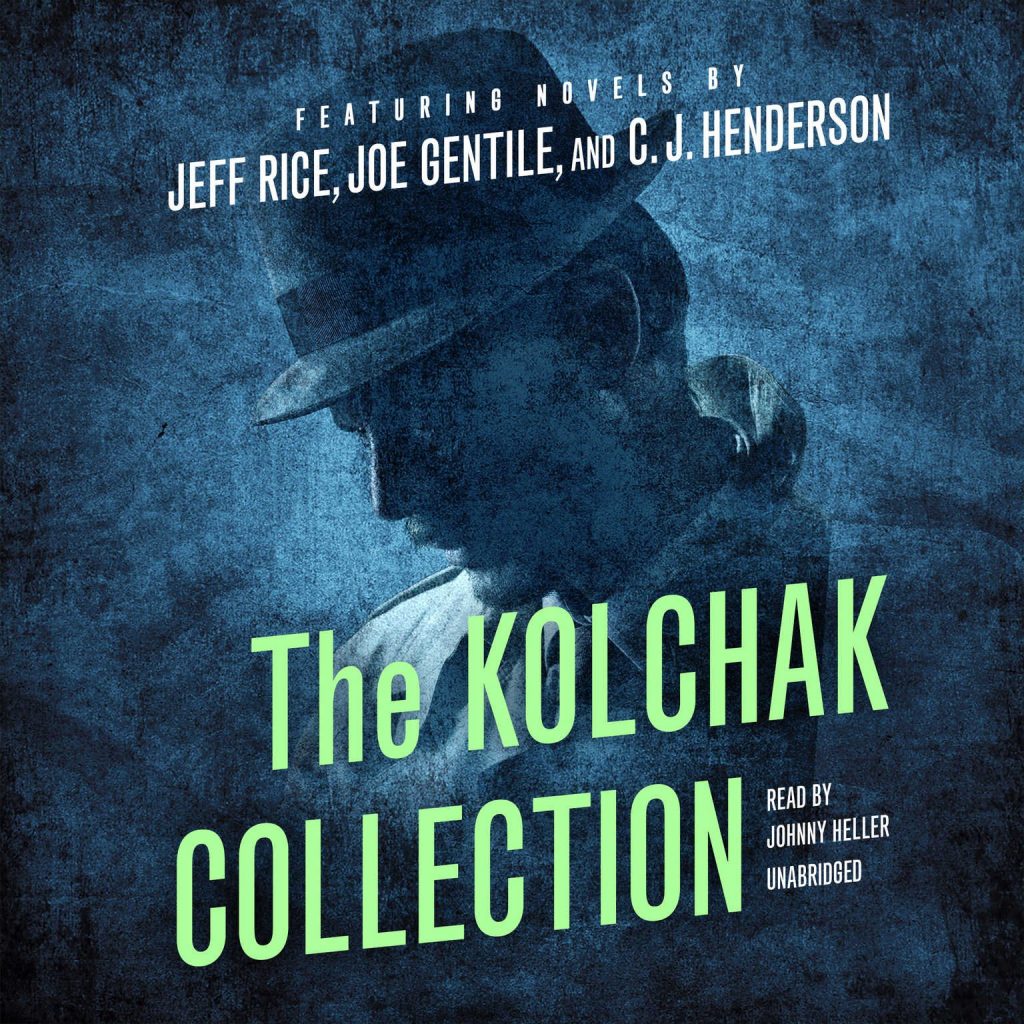
The Kolchak Collection (Jeff Rice, Joe Gentile, C.J. Henderson, 1974-2012)
List: Jones/Newman
The Kolchak Collection audiobook includes four novels featuring Carl Kolchak, hard-nosed reporter of the strange and supernatural. The first novel featuring Mr. Kolchak is The Night Stalker by Jeff Rice, released in the early ’70s and adapted into an acclaimed TV movie penned by Richard Matheson. This introduction to our intrepid newsman involves Kolchak investigating a string of murders that imply the killer may be of vampiric origins. After the success of the first film, Richard Matheson then wrote a follow-up script called The Night Strangler which was then adapted into a novelization by Jeff Rice in a bit of a tit for tat scenario. This one brings back our beloved Kolchak who becomes embroiled in a bizarre string of murders committed by an alchemist on a quest for immortality. In addition to these original two Kolchak stories, the collection includes a pair of books written much later by other authors including Kolchak & Sherlock Holmes: Cry Thunder by Joe Gentile involving a centuries spanning plot involving a lost manuscript and a giant bird and Kolchak and the Lost World by C.J. Henderson that finds Kolchak following a drug czar into the South American jungles in search of the mysterious “72”.
I quite liked the original Kolchak TV movies, so instead of just reading the first Kolchak book, I decided to consume this whole audiobook collection featuring the original Kolchak story as well as three sequels. In general, this was a pretty fun series and Rice definitely captures the same acerbic, pushy yet lovable Kolchak that the films portrayed. The original book probably fares the best in feeling the most fresh, although the actual plot and “creature of the week” is a little more conventional than some later stories. The Night Strangler feels a little too same-y at times with Kolchak’s erstwhile crabby editor Vincenzo making another appearance as well as the same kind of “authorities covering up the story” plot that the first one hinged off of. Where the second one improves is in the more unique villain that gives it a little more fresh feel than just a regular old vampire. The third book featuring Kolchak and Sherlock Holmes is kind of a mess with the title being a little misleading. Kolchak and Holmes never actually meet. Instead we find Kolchak investigating a story where a lost manuscript featuring Holmes in a kind of story-within-a-story gives clues to a bigger mystery that Kolchak is researching. The story itself also never really pulls together in a satisfactory way with the Sherlock Holmes elements in particular feeling shoehorned in. Kolchak and the Lost World is a solid little story that finds Kolchak getting out of the city and into the jungle for a change, coming off a big story for a change and investigating the ins and outs of a drug war in a bid for more legitimacy as a journalist. Of course, Kolchak seems to attract weirdness like a magnet and soon finds himself involved in a quest for a mysterious cult with an ending that feels very Indiana Jones-like. Overall this was a fun pretty collection, and while I wouldn’t consider any of them a masterpiece, there’s enough entertaining here to recommend, particularly if you’re a fan of the TV movies/series.
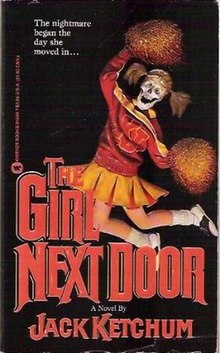
The Girl Next Door (Jack Ketchum, 1989)
List: NPR
Ah, those halcyon days of summer when kids are out of school, splashing around in the creek and getting into shenanigans with their friends. Davy is a regular boy on a dead-end street of an everytown suburb in 1950’s Gee-golly-goshsylvania. One day Davy meets new girl Meg, a few years older but already stirring feelings he didn’t know he had. Even better is that Meg has moved in next door with her little 9-year-old sister Susan. Davy regularly heads over to his neighbor Ruth Chandler’s house anyway to hang out with her three sons, so being able to visit with Meg is a bonus. What Davy doesn’t realize is that Ruth’s sanity is slipping, and she’s taking out all her pent up jealousy and disgust with the female gender on Susan and especially Meg who are already scarred from the tragic accident that killed their parents and left them in the care of Ruth. At first Davy is vaguely disquieted but also a little thrilled at “The Game” Ruth plays with Meg, but as the sadism escalates into more and more horrific and unspeakable acts, Davy feels like he has to do something. But will it be too late?
Based on an actual criminal case involving a woman named Gertrude Baniszewski who with the help of her children and some kids in the neighborhood subjected a poor teenage girl Sylvia Likens to a series of acts of abject humiliation and torture that eventually led to her death, The Girl Next Door is the kind of book that will make you lose faith in humanity. Ketchum skirts a fine line here in putting the reader into the shoes of Davy as hapless and mildly culpable observer through a parade of escalating atrocities that never really felt overly exploitive. In fact, the book isn’t actually all that graphic in the blood and gore department, and yet it’s harrowing in a way that few novels I’ve read are. Ketchum uses a very sparse prose style that robs the story of any possibility of romanticizing the acts while delivering each sentence with utmost gravity to give it a true gut punch of bleak existentialism. The Girl Next Door is by no means a book I would recommend to most people but if you think you have the stomach to look into how depraved humanity can get, this Norman Rockwell-goes-to-Hell read will disturb like few others.
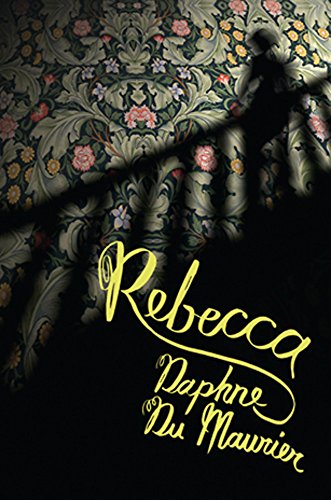
Rebecca (Daphne du Maurier, 1938)
Lists: NPR and Reedsy Discovery
When our unnamed narrator is swept off her feet by the bold and mysterious Maxim de Winter one holiday in Monte Carlo, they soon marry and the new Mrs. de Winter finds herself the fresh bride of the lushly gothic estate of Manderley lorded over by the insidious Mrs. Danvers and harboring more dark and terrible secrets than you can shake a stick at. As Mrs. de Winter slowly begins to find herself amid the oppressive memories and impressions of the place, a ghost from the past is unearthed that will send everyone involved into an anxiety-ridden whirlpool of deceit and hatred.
This novel is haunting by a ghost. Not a literal phantasmagoric creature but the ghost of memory and history, imprinting itself on the heroine and suffocating her slowly and surely in the most diabolical of ways. This ghost is Rebecca, the previous wife of Maxim de Winter, declared dead in a boating accident years prior to the start of the story, but whose presence looms large over all who inhabit Manderley. Rebecca was fiercely independent and charming to all who knew her with Mrs. Danvers her loyal servant to the end. Mrs. de Winter feels like she just can’t measure up. Maxim’s temperament grows darker and more detached by the day as Mrs. Danvers plots and schemes to be rid of her.
I haven’t historically been the biggest fan of Victorian gothics in the past with Wuthering Heights in particular being an overwritten slog that really tested my patience even when it was able to generate some great atmosphere. Rebecca, despite coming out in 1938, is very much indebted to these Victorian gothic thrillers in its setting and plotting while being written in a fresher and more lithe style that doesn’t bog the reader down in florid prose. Du Maurier’s writing style, while quite flowery and lush at times, also keeps a solid pacing that makes the novel quite engaging and suspenseful, particularly in the final act. Having seen the Hitchcock film prior, it was interesting to compare the book and film. Generally the film remained pretty faithful to the book overall, more trimming back story at times (especially Mrs. Danvers who feels more one-dimensional in the movie) and cutting down characters who played a bigger part in the novel. The film made one fairly significant change involving the death of Rebecca which I’ll avoid discussing to sidestep major spoilers here. Suffice it to say, that it does I feel change the character and tone of the final act in such a way that I felt it did undermine the story a little.
I ended up liking Rebecca much more than I expected to frankly having previously expressed my general distaste for Victorian gothics with this only cementing my thought that it’s more the writing style I dislike than the plotting or characters. At times in the first half of the book, Rebecca can be a bit hard to stay engaged with given the extreme insecurity and timidity of the narrator who you are firmly entrenched in the headspace of, but the second half of the book really picks up and delivers on the deliciously unsavory twists the book promised.
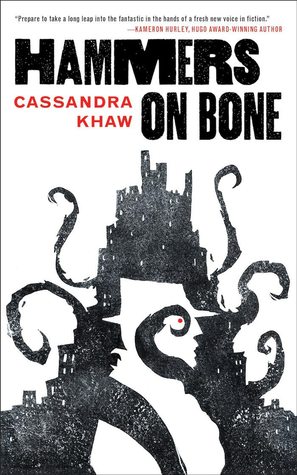
Hammers on Bone (Cassandra Khaw, 2016)
List: Reedsy Discovery
Private eye John Persons is taken a little off guard when one day a young boy comes into his office wanting Persons to kill his stepdad. Persons isn’t normally in the business of murder-for-hire, but there are special circumstances here. The boy’s stepdad, McKinsey, is a literal Lovecraftian monster who has been abusing the boy, his little brother and their mother with potential death of all involved not too far in the future. The boy comes to Persons because Persons is not strictly a human himself and one of the few out there capable of going toe-to-toe with such a monstrosity. Of course, this isn’t just a simple “take down the bad guy” story and Persons ends up with more than he bargained for.
I dug this cool, hard-boiled Lovecraftian noir novella. I like how it even rationalizes how the main character would use 1940’s crime fiction slang. It also does a good job of building a mysterious and sinister atmosphere while also doing some groovy world building. If I were to have a significant complaint with this one, it really is with the length. This is one that I feel could have been stretched out to twice its length. It feels like it rushes the actual pavement pounding mid-section of the story to get to the solid climax. I also felt that giving it a little more meat on the bones would’ve made the epilogue more impactful too. Still, it was a fun ride that’s definitely recommended if you like horror noir mash ups like William Hjortsberg’s Fallen Angel.

